The article discusses new Malay Tiger hormonal products that are distinguished by innovation and high quality. It...
The Benefits of Testosterone Administration for Middle-Aged and Elderly Men
As men age, their testosterone levels naturally decline, leading to a range of physical and psychological changes. Testosterone administration has garnered significant attention as a potential intervention to address these issues and improve overall well-being in middle-aged and elderly men. Let's delve into the benefits of testosterone administration and how it can positively impact various aspects of men's health.
Increased Muscle Mass and Strength
Testosterone plays a crucial role in maintaining muscle mass and strength. As men age and testosterone levels decline, they often experience muscle loss and reduced strength. Testosterone replacement therapy (TRT) can help reverse these effects by stimulating protein synthesis in muscle tissue, leading to increased muscle mass and strength. This is particularly beneficial for middle-aged and elderly men looking to maintain an active lifestyle and reduce the risk of frailty.
Improved Bone Density
Osteoporosis, a condition characterized by low bone density and increased risk of fractures, is a common concern among aging men. Testosterone plays a vital role in bone health, and low testosterone levels have been linked to decreased bone density and osteoporosis. Testosterone administration can help improve bone mineral density and reduce the risk of fractures, promoting skeletal health in middle-aged and elderly men.
Enhanced Libido and Sexual Function
Testosterone is well-known for its role in regulating libido and sexual function in men. Declining testosterone levels can lead to symptoms such as reduced sex drive, erectile dysfunction, and decreased sexual satisfaction. Testosterone therapy can help alleviate these symptoms by restoring testosterone levels to a more optimal range, thereby enhancing libido, improving erectile function, and increasing overall sexual satisfaction.
Mood Enhancement and Cognitive Function
Low testosterone levels have been associated with mood disturbances such as depression, irritability, and fatigue, as well as cognitive decline in some men. Testosterone administration may have positive effects on mood and cognitive function, with some studies suggesting improvements in mood, energy levels, and cognitive performance following testosterone therapy. This can lead to a better quality of life and improved overall well-being for middle-aged and elderly men.
Cardiovascular Health Benefits
Emerging research suggests that testosterone may have beneficial effects on cardiovascular health. Low testosterone levels have been linked to an increased risk of cardiovascular disease, including heart attacks and strokes. Testosterone therapy may help improve cardiovascular risk factors such as cholesterol levels, blood pressure, and insulin sensitivity, potentially reducing the risk of heart disease in middle-aged and elderly men.
Conclusion
Testosterone administration offers a range of potential benefits for middle-aged and elderly men, from increased muscle mass and strength to improved bone density, libido, mood, cognitive function, and cardiovascular health. However, it's essential to note that testosterone therapy should be prescribed and monitored by a qualified healthcare provider to ensure its safety and effectiveness. With proper medical supervision, testosterone administration can be a valuable tool in promoting health and vitality in aging men.
For more information on testosterone administration and its benefits, consult with a healthcare professional or visit Dragpol Sport Pharma (www.dragpol.com).
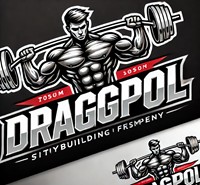
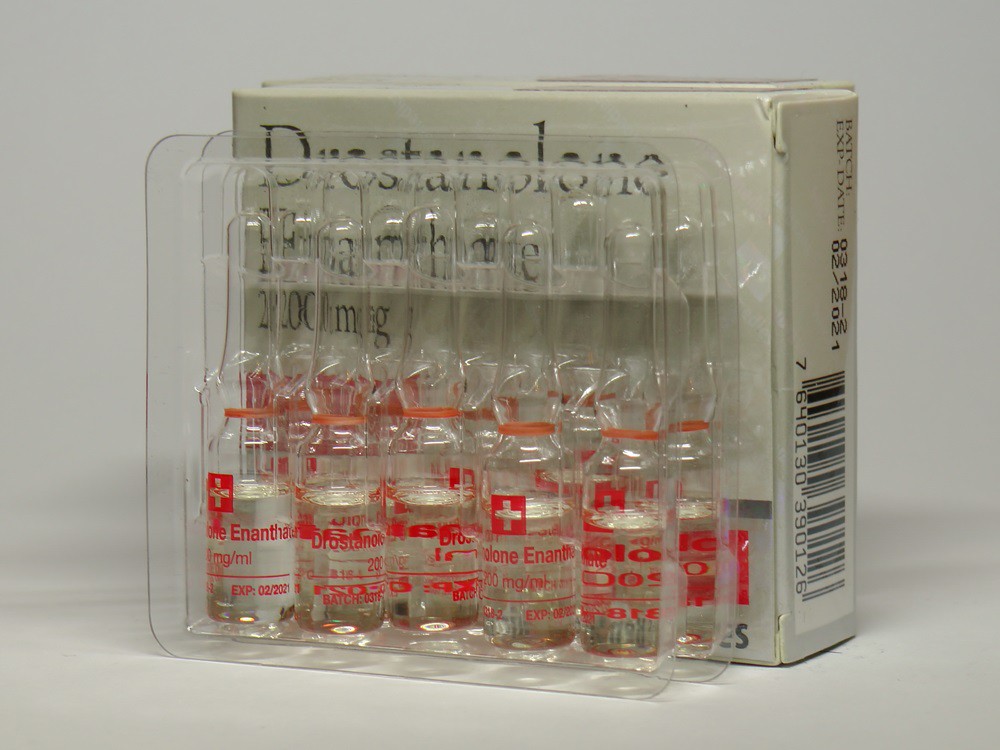
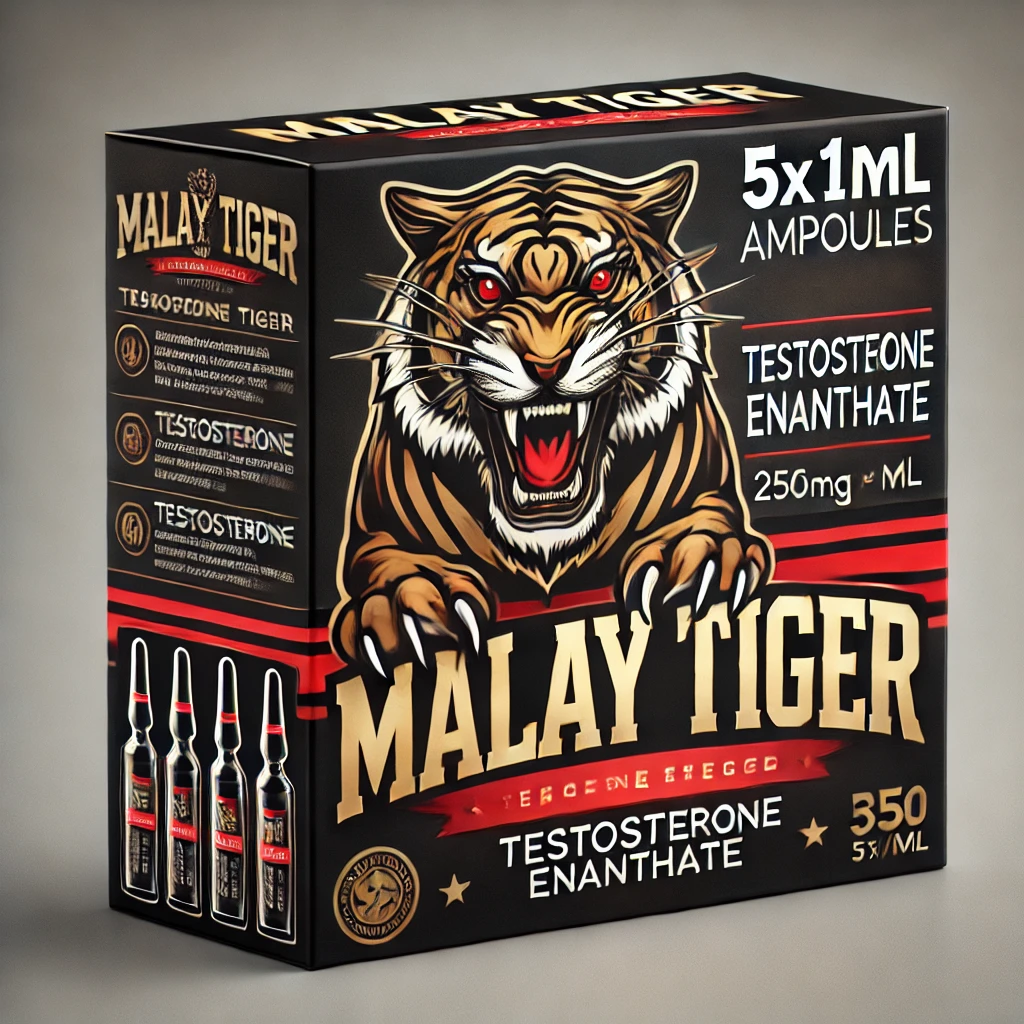
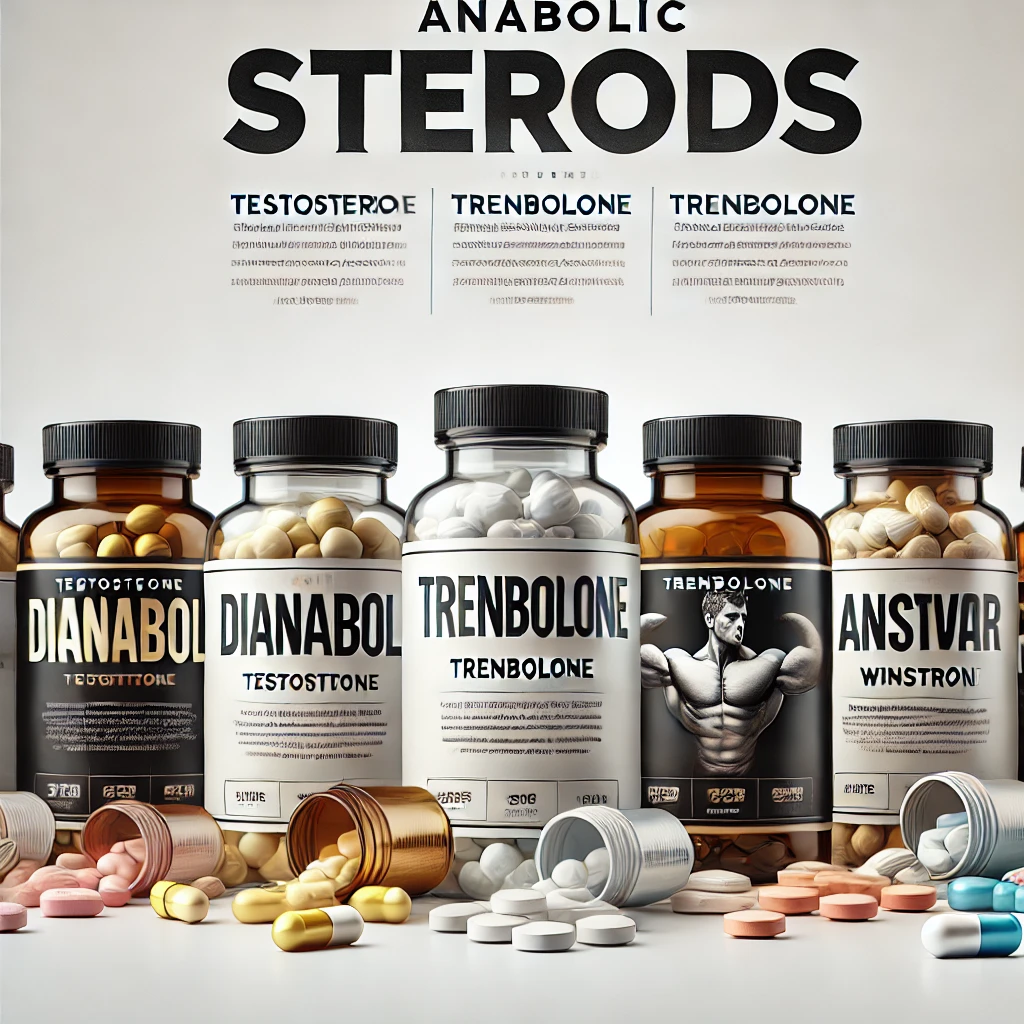
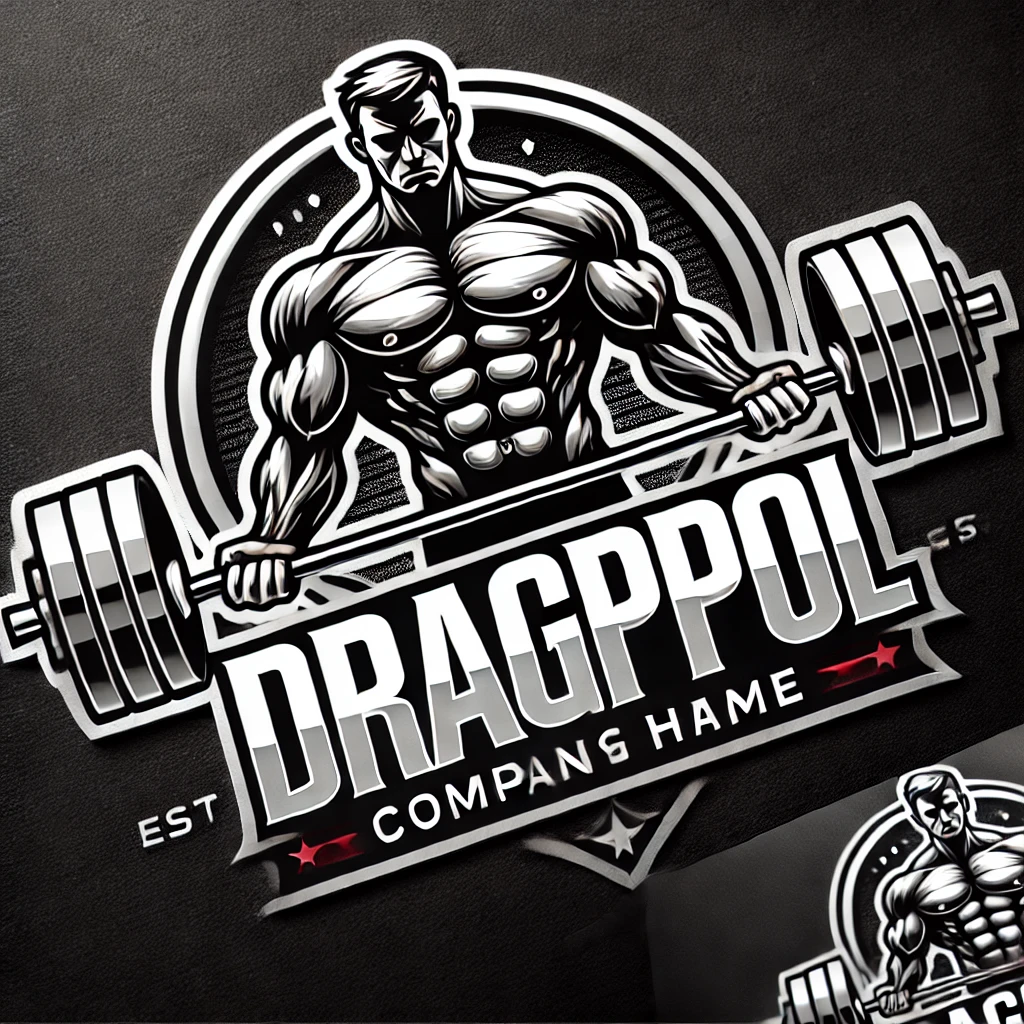


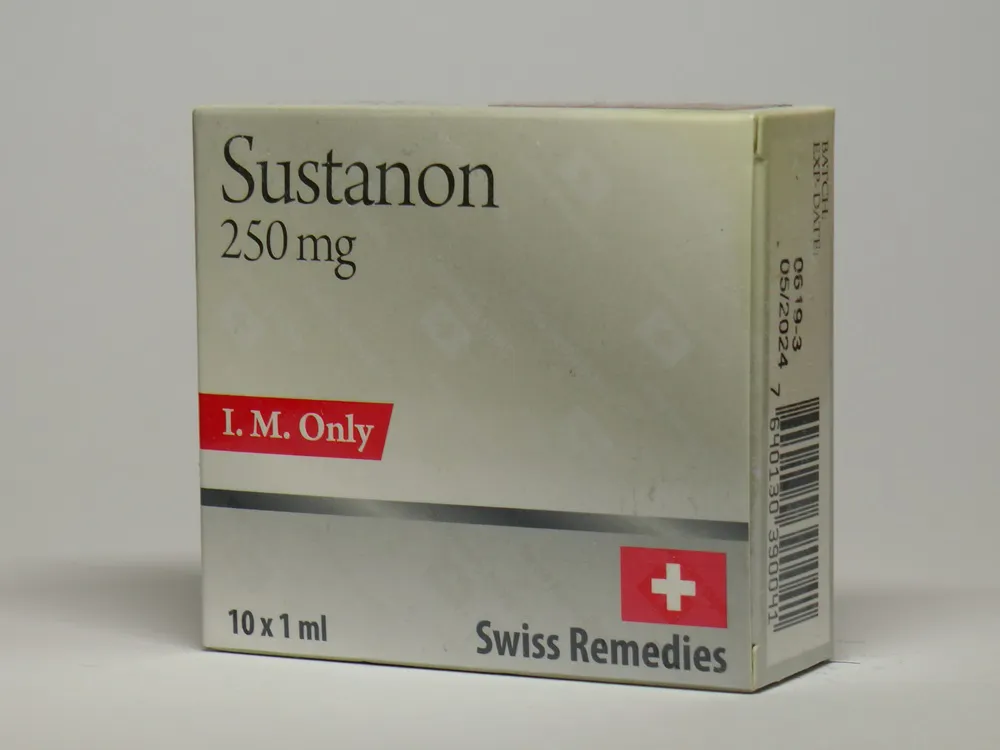
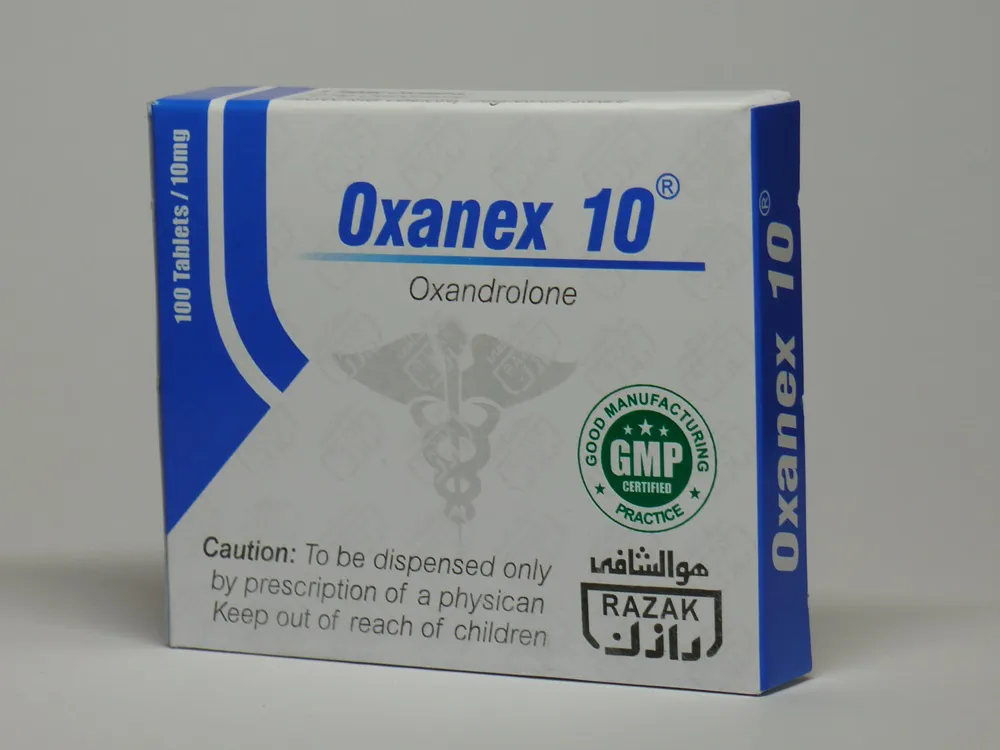
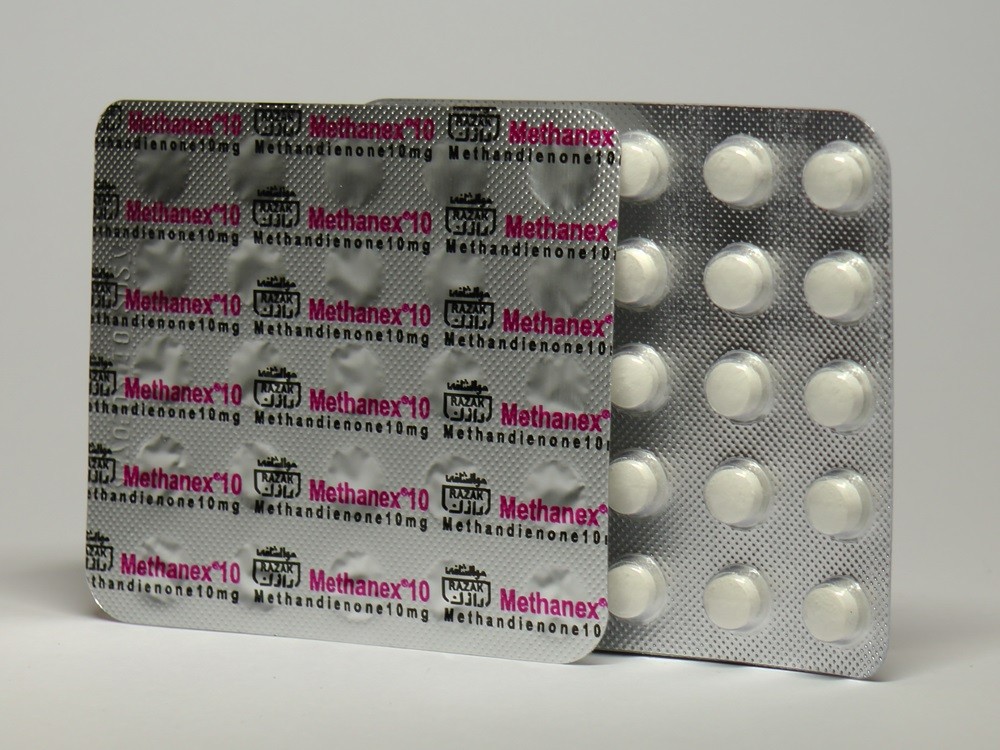
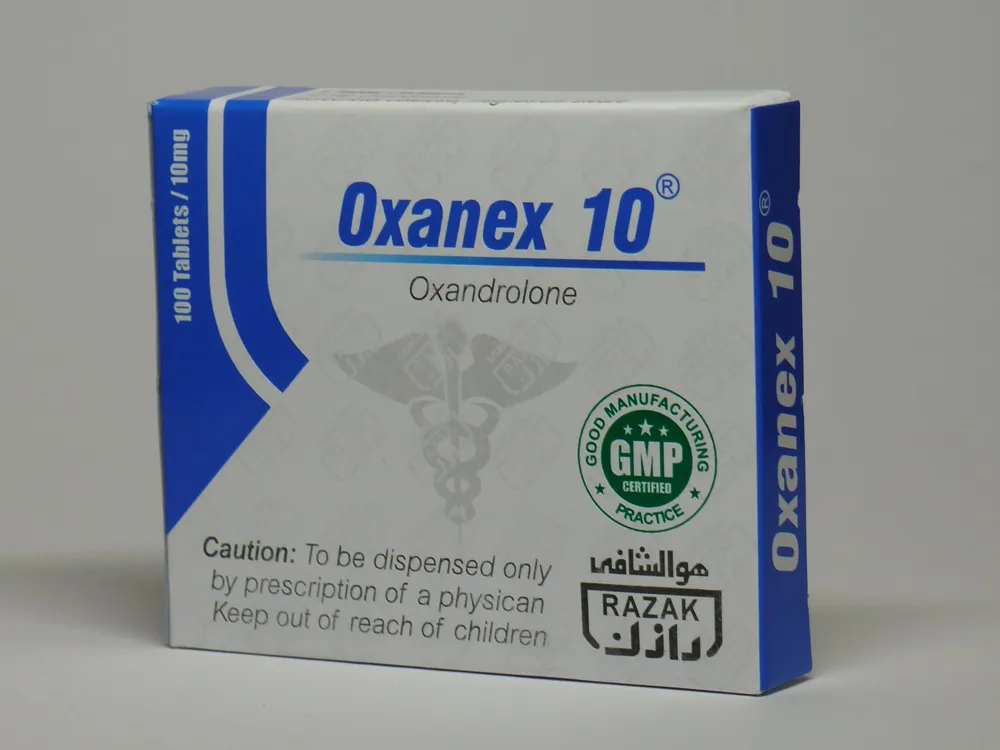
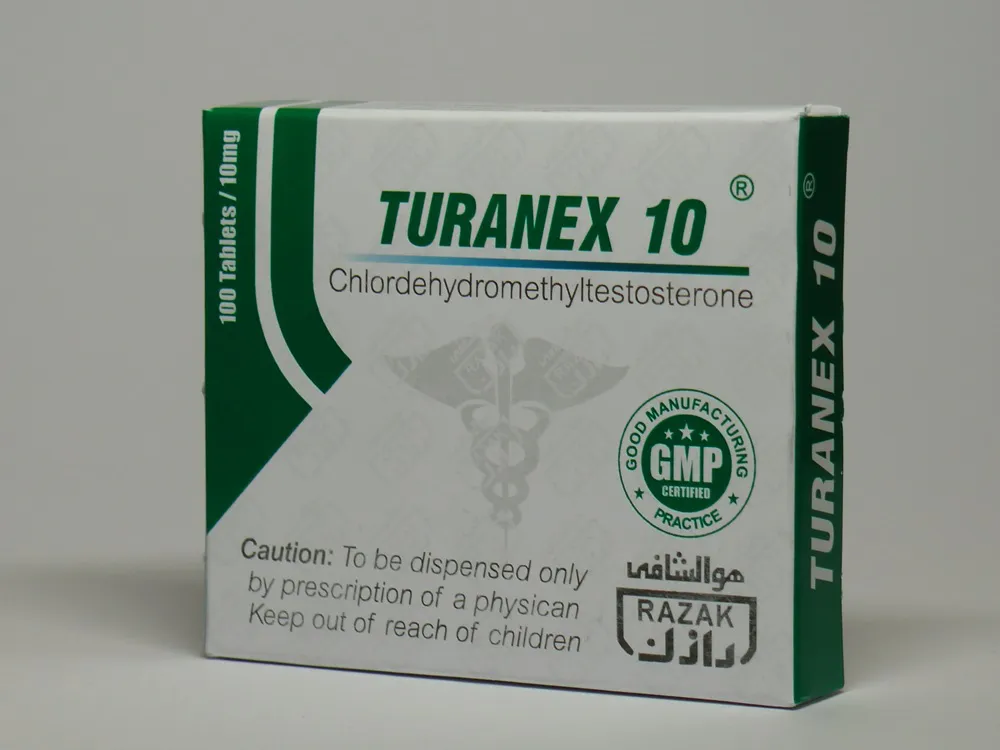
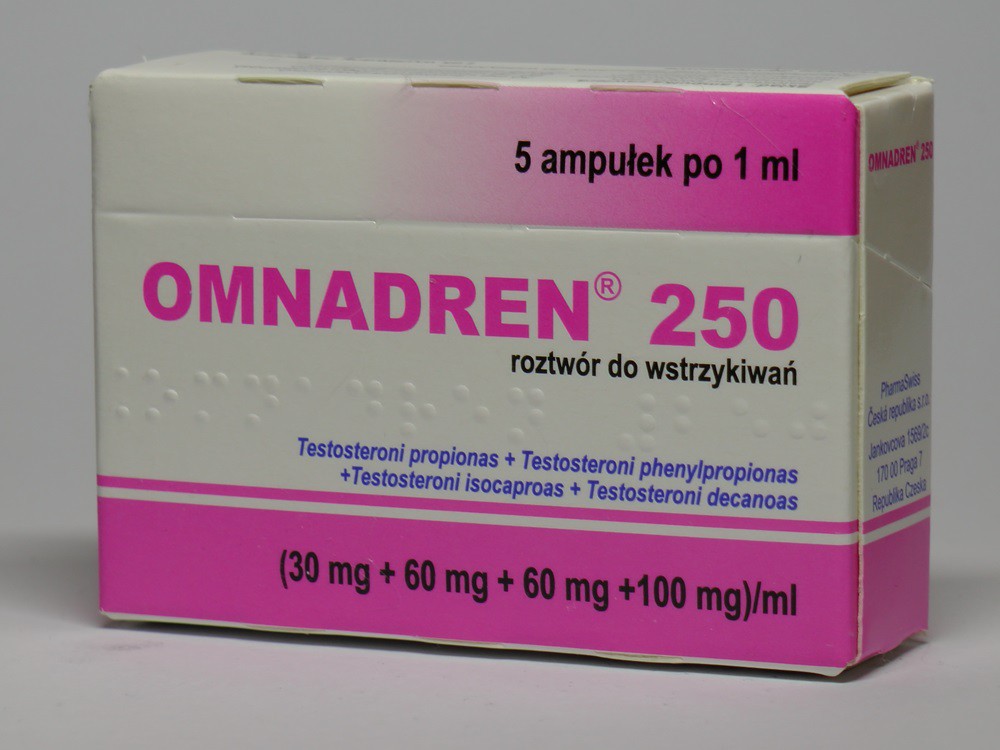
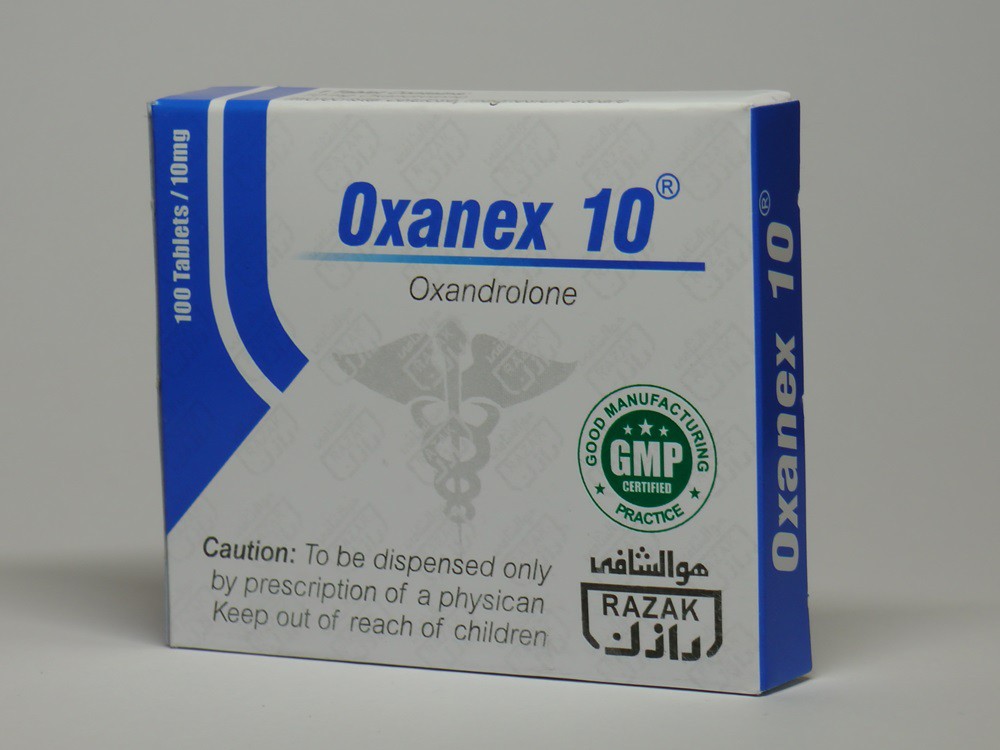
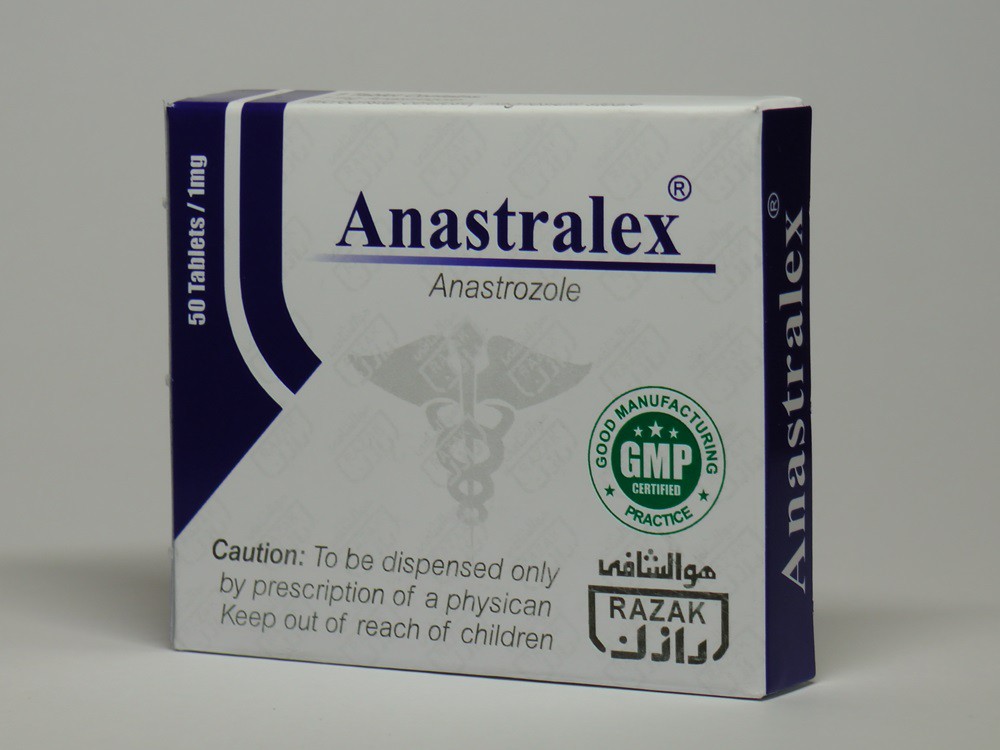
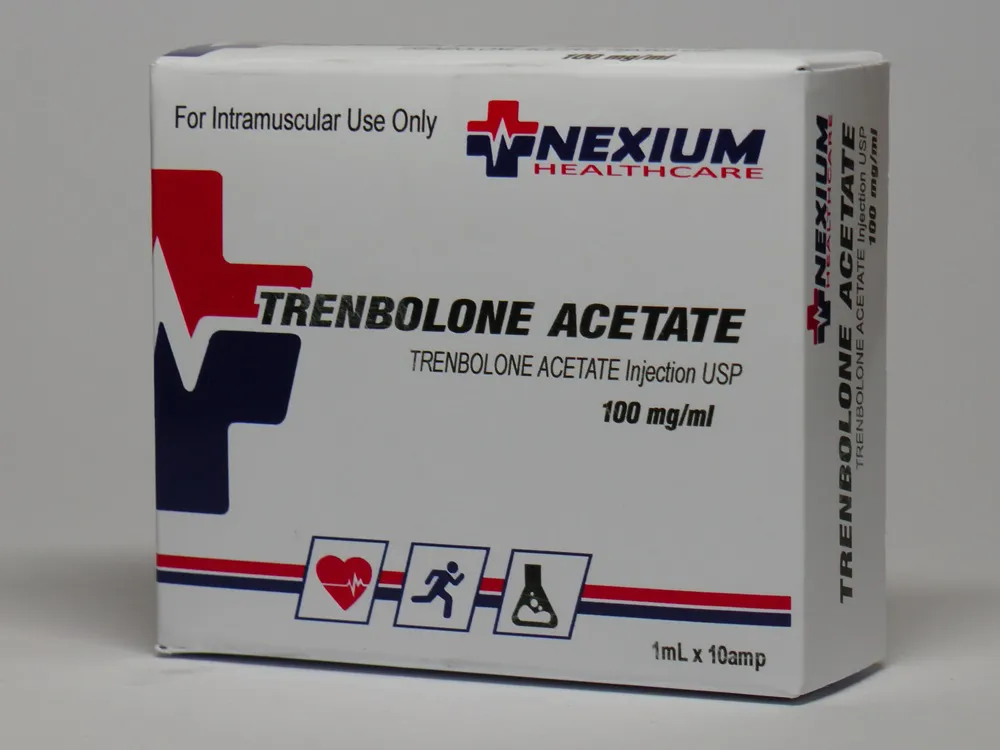
Leave a comment